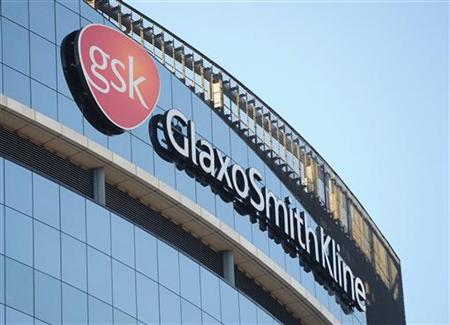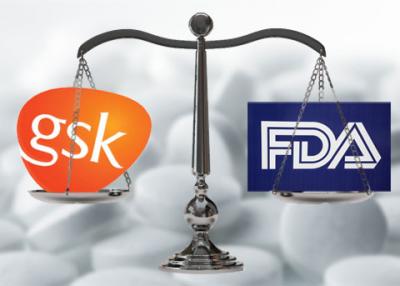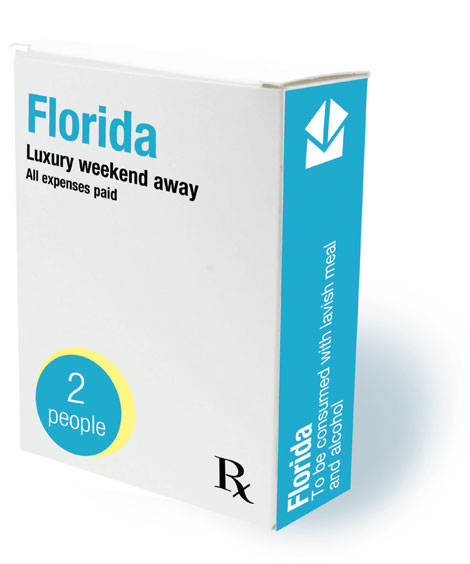When Daniel Carlat, a psychiatrist in Massachusetts, was flown to New York with his wife by Wyeth, the “training” weekend he attended in a luxury hotel was topped off with a Broadway show. It was early 2001 and he had just agreed to the US pharmaceuticals company’s proposal that he give talks to doctors about its antidepressant Effexor. During the following year, he was regularly paid fees of $750 a time to drive to “lunch and learn” sessions where he would speak for 10 minutes to emphasise the drug’s advantages to fellow doctors, using slides prepared by the company. “It seemed like a win-win,” he recalls. “I was prescribing it, educating doctors and making some money.” But within a few months, he became disillusioned with his co-option as a marketing representative. He was selectively presenting clinical data that put the drug in a positive light to physicians who had been targeted by the company through “data mining” techniques that identified their individual prescription patterns.Dr Carlat has spoken out as part of a growing backlash against such aggressive marketing tactics, which are leading to significant changes in the relationship between doctors and drug companies. But even as pharmaceuticals executives argue that such problems belong to the past and were always exaggerated, they are bracing for both intensifying penalties and calls for further reform.





